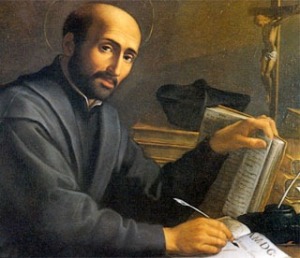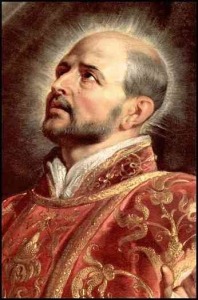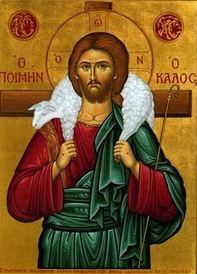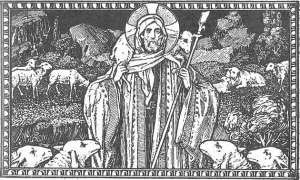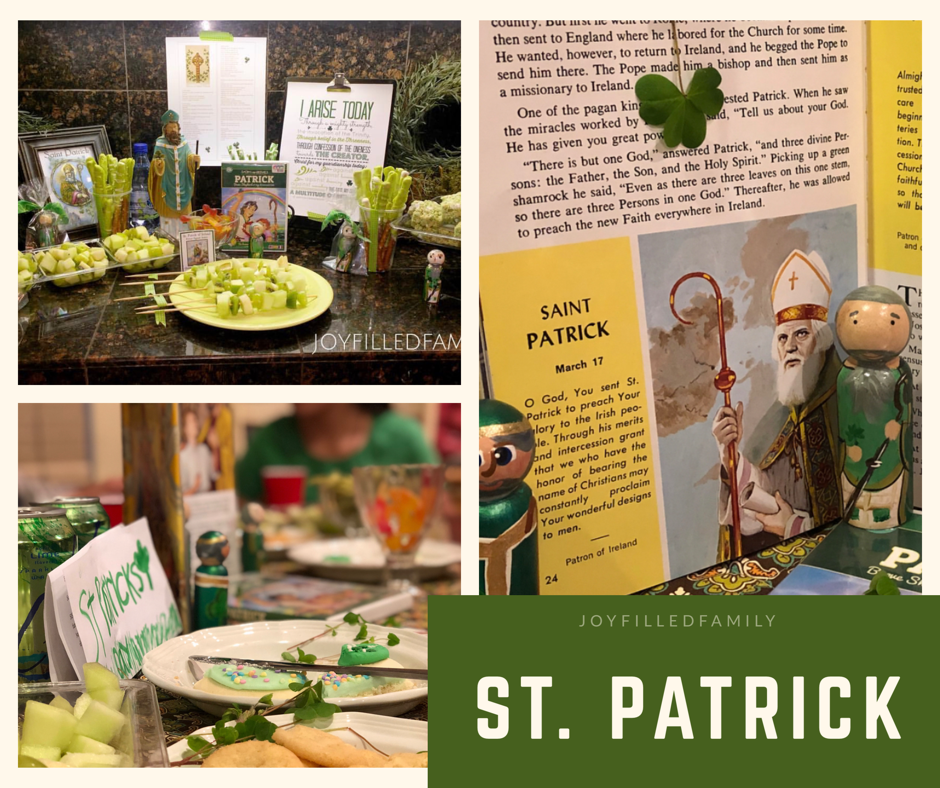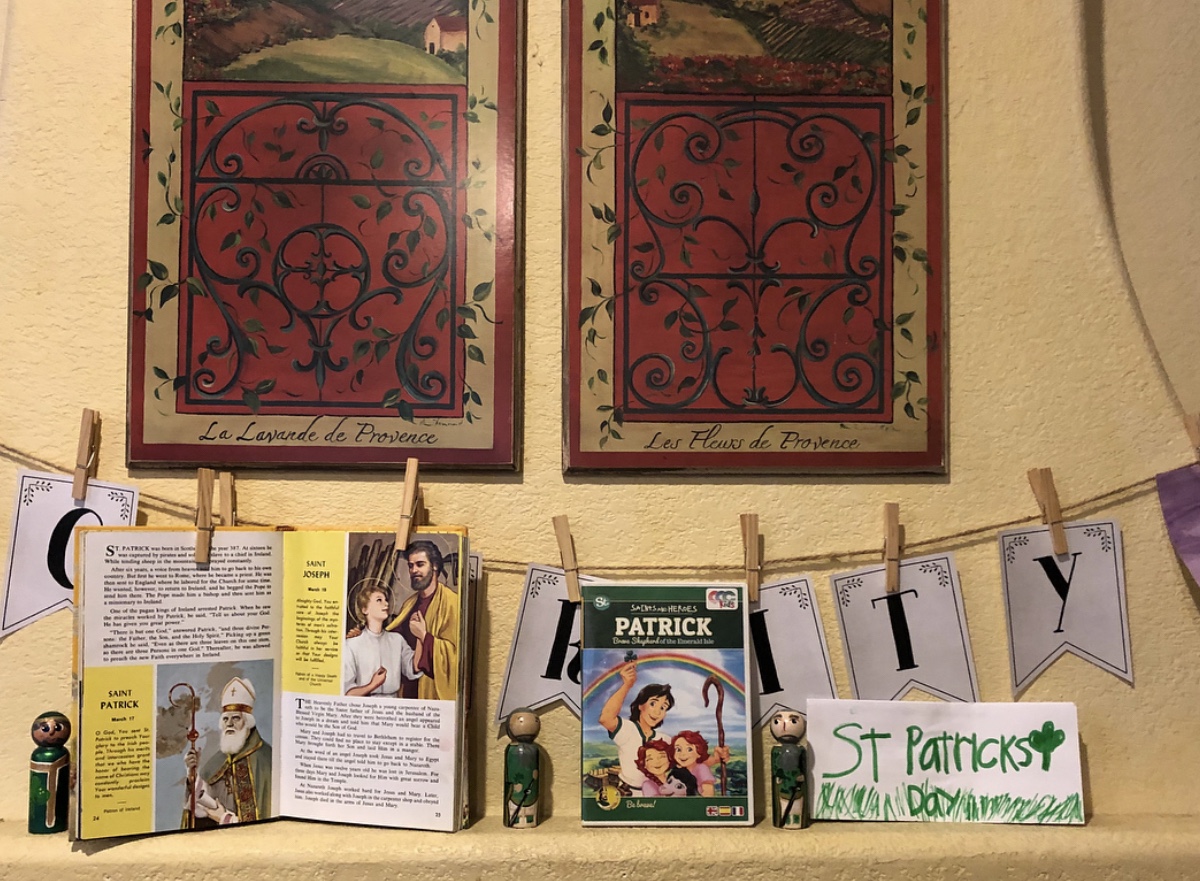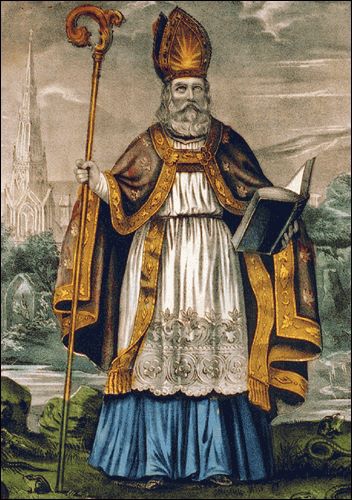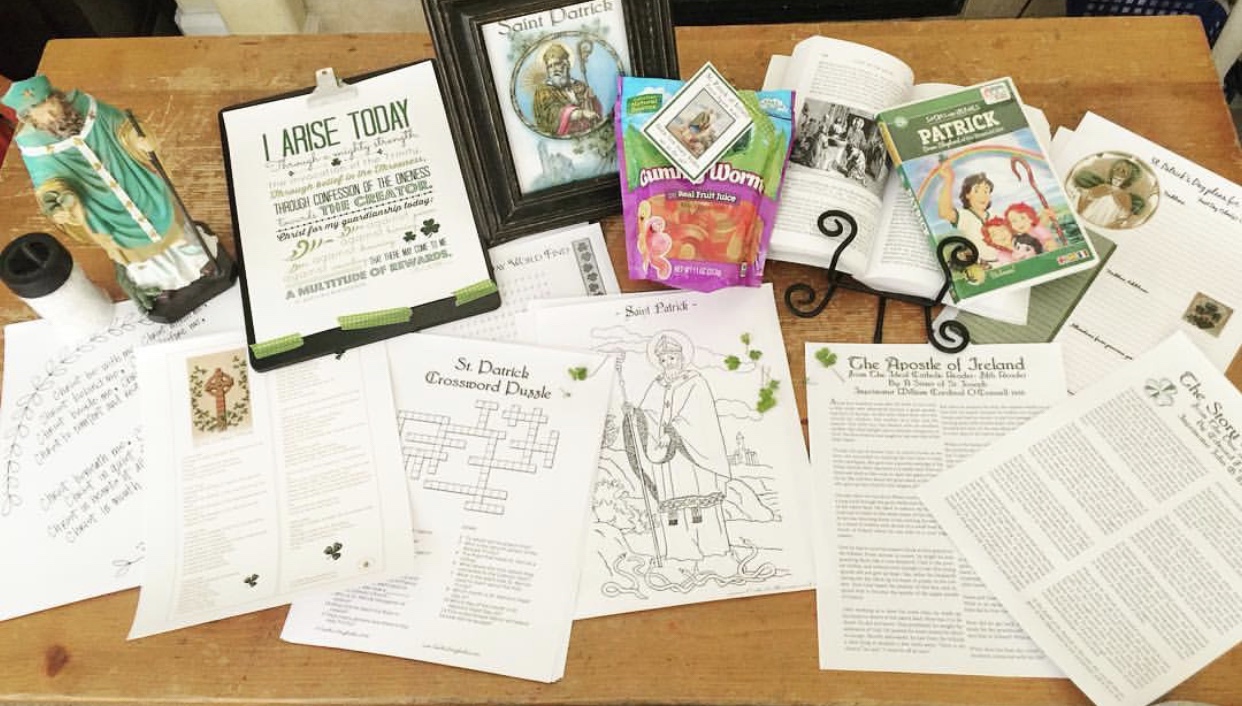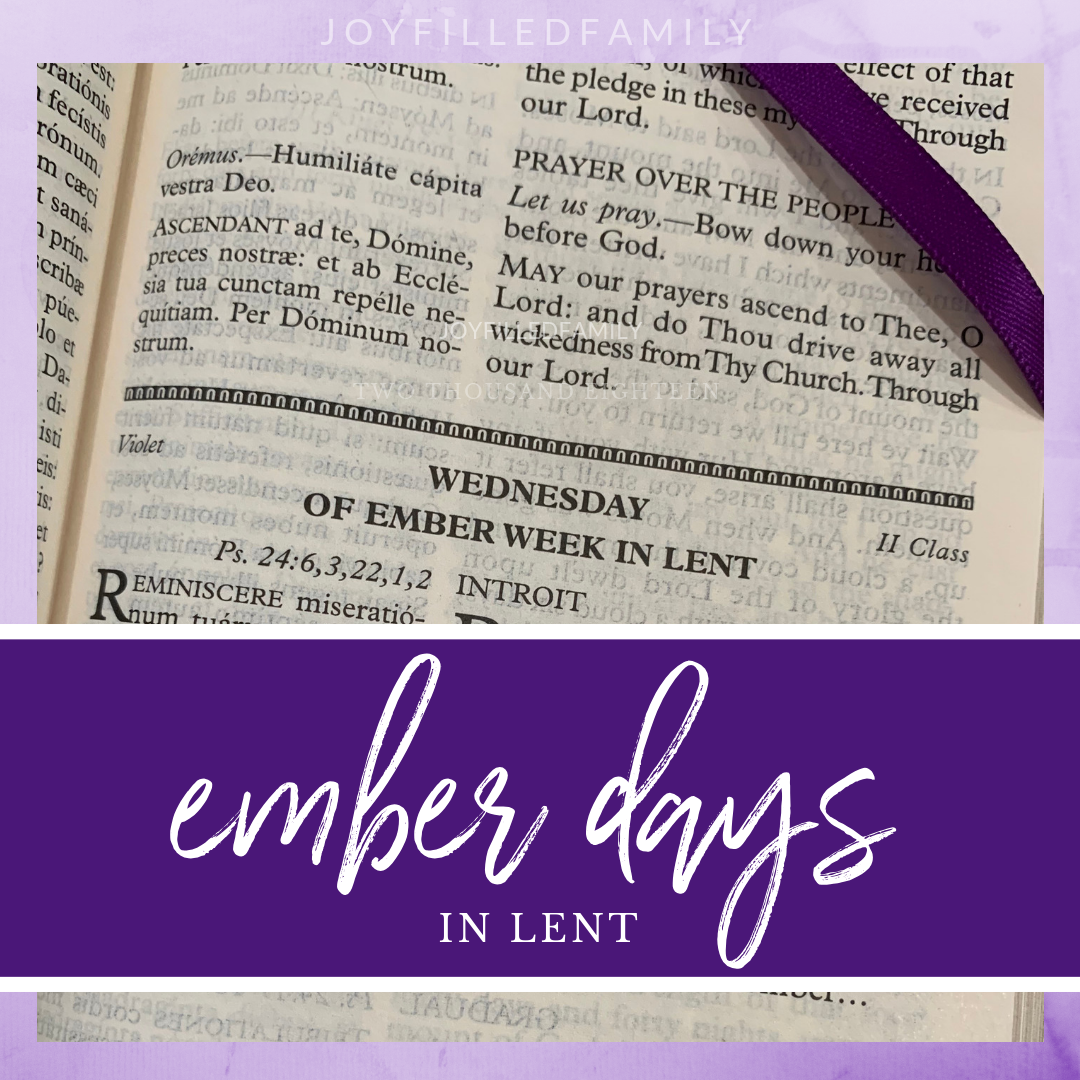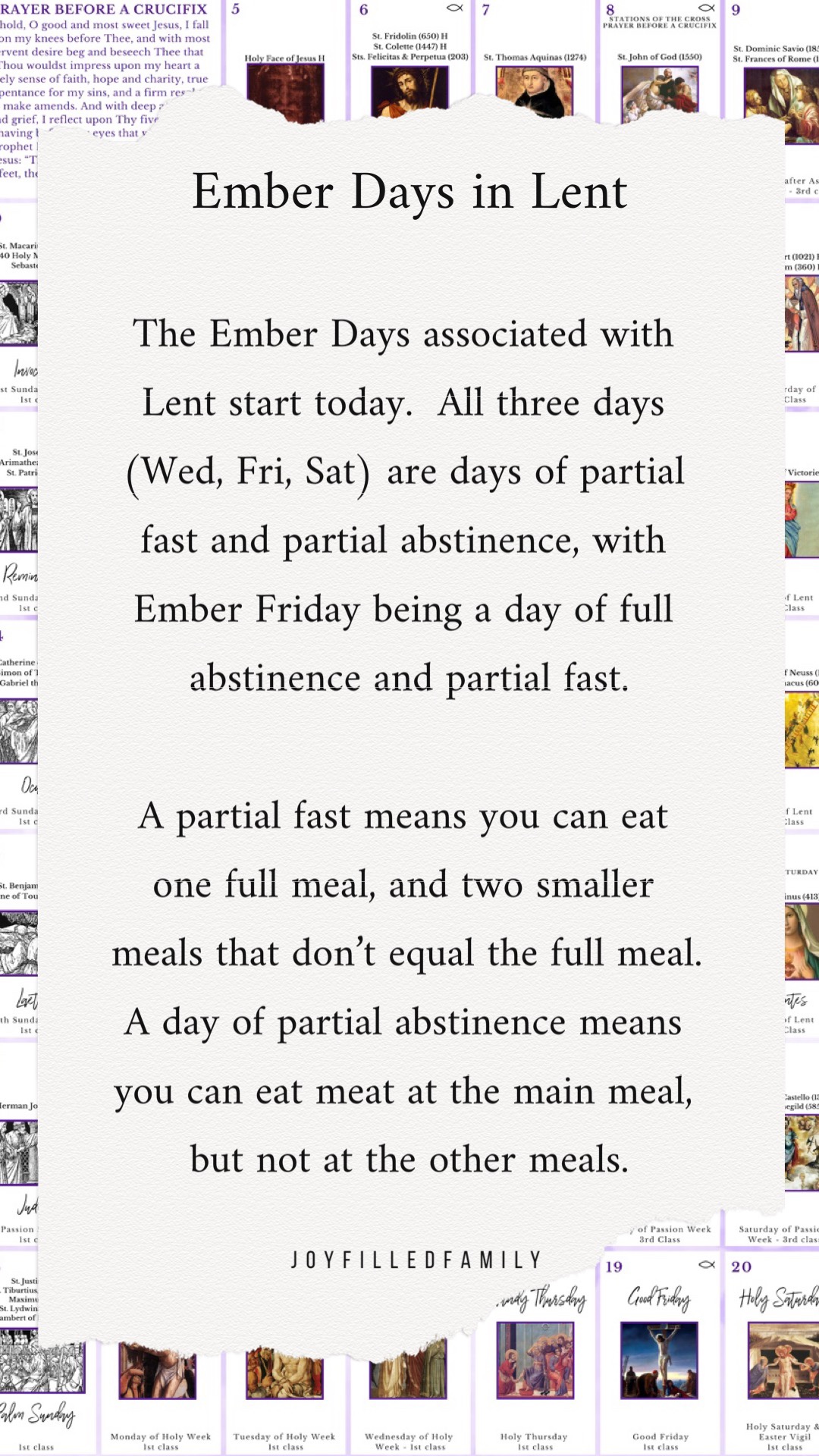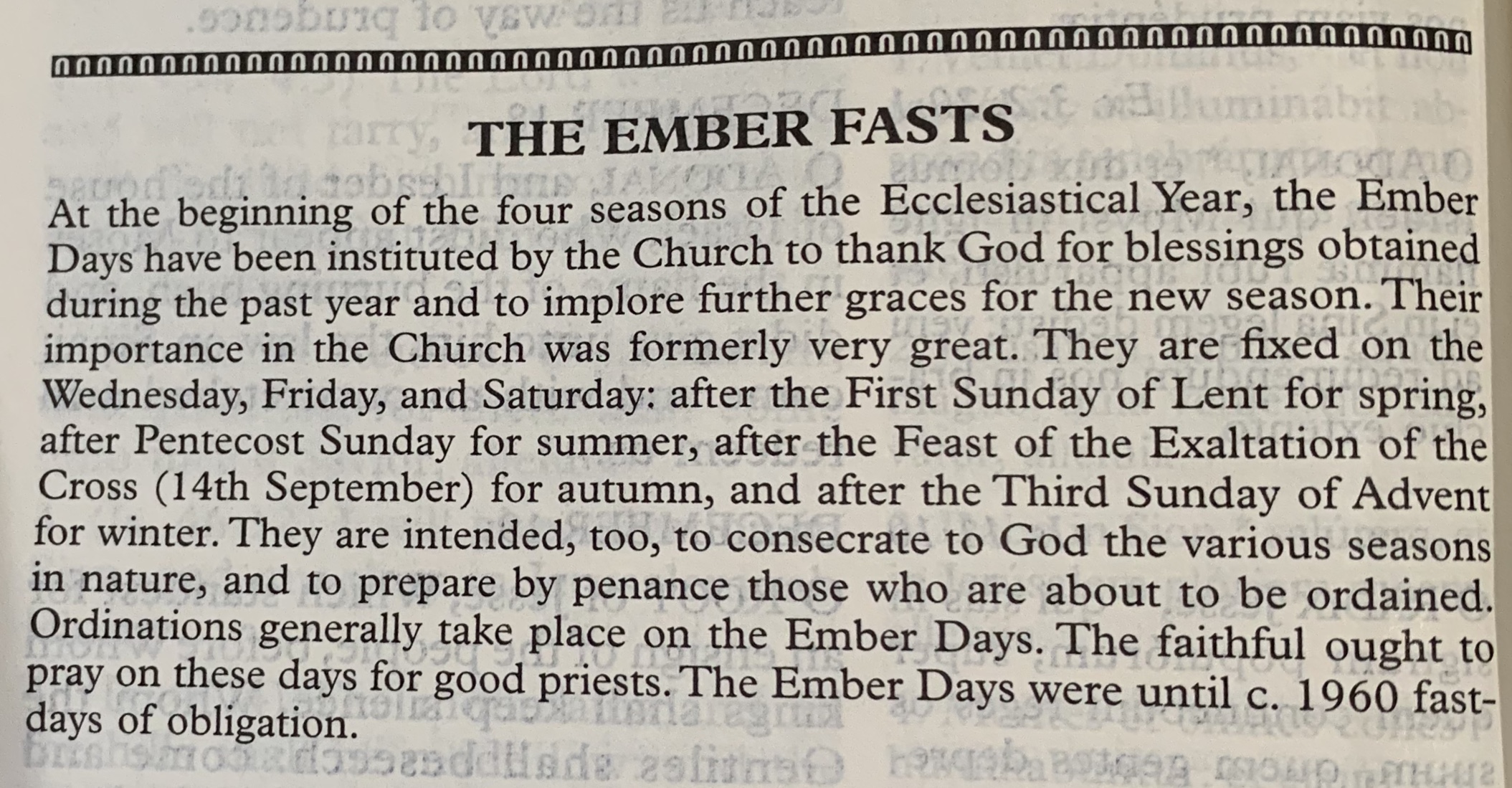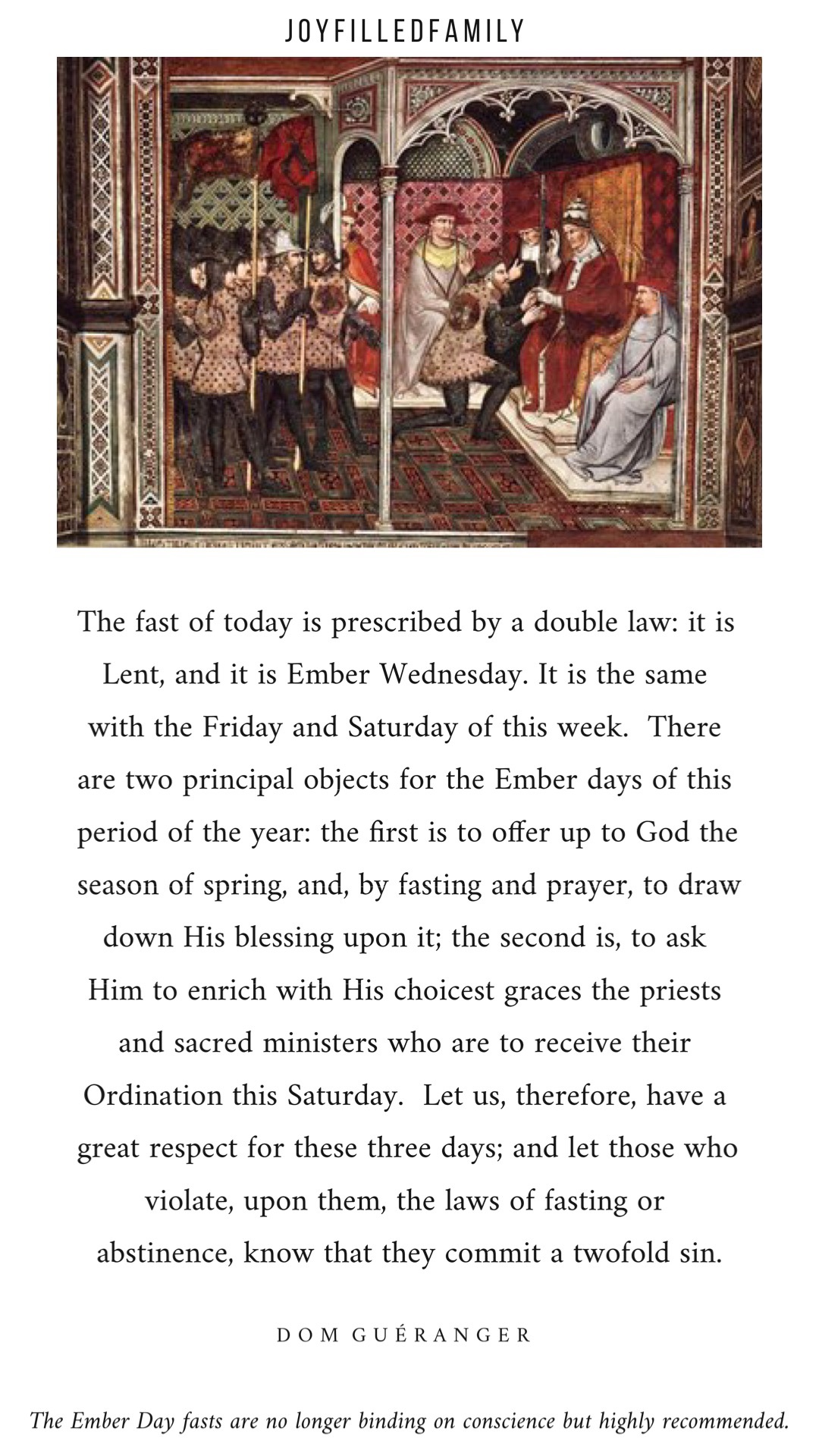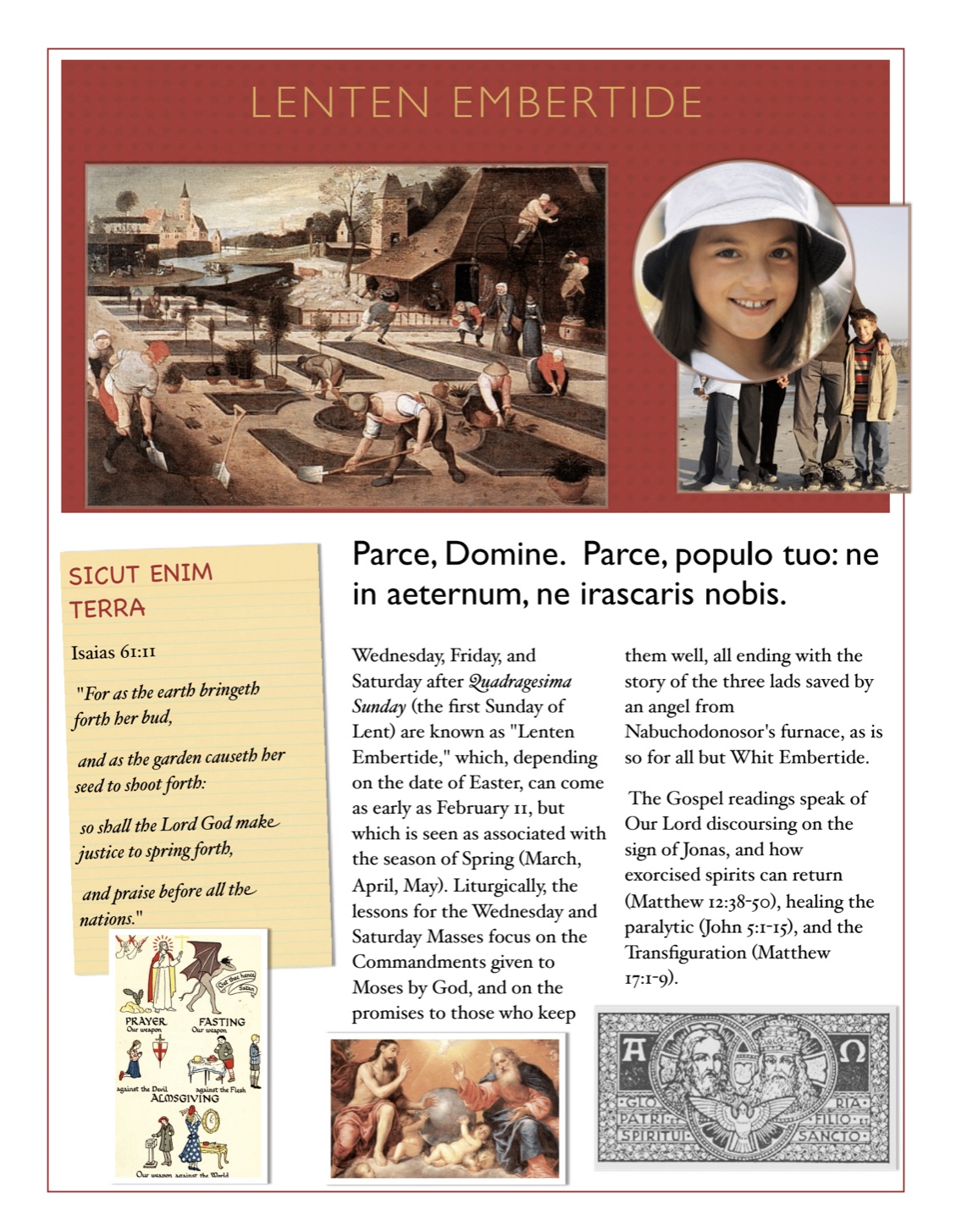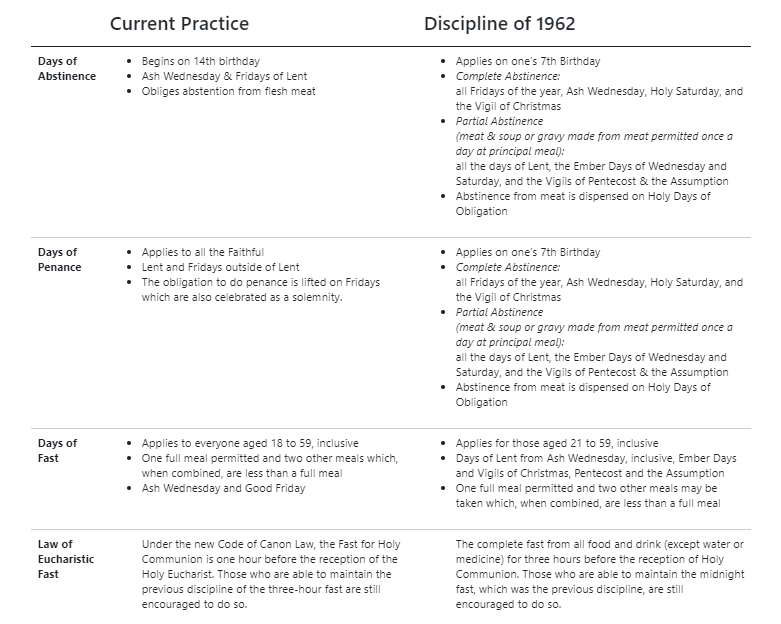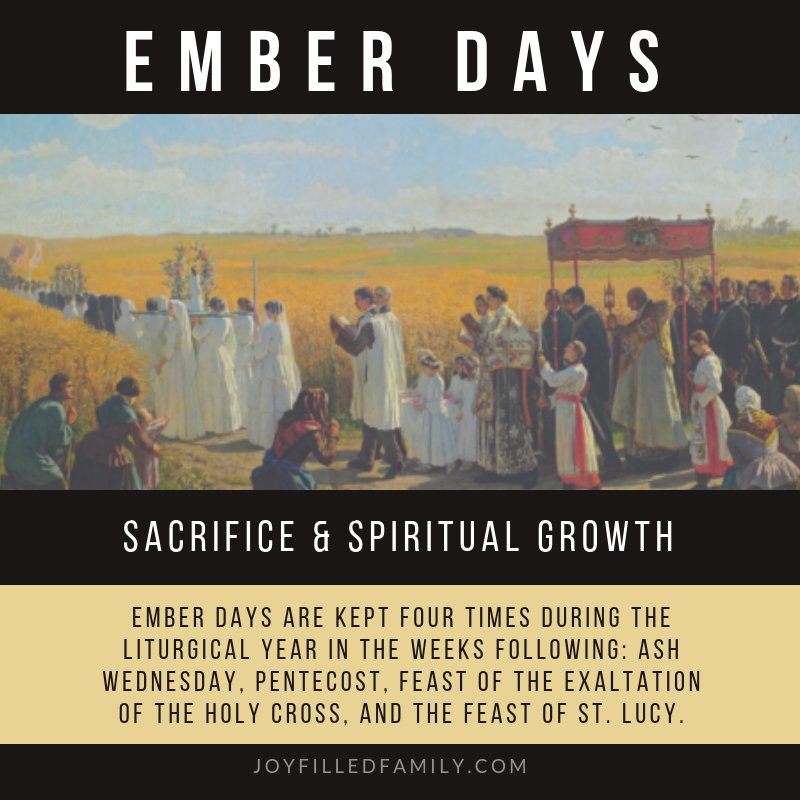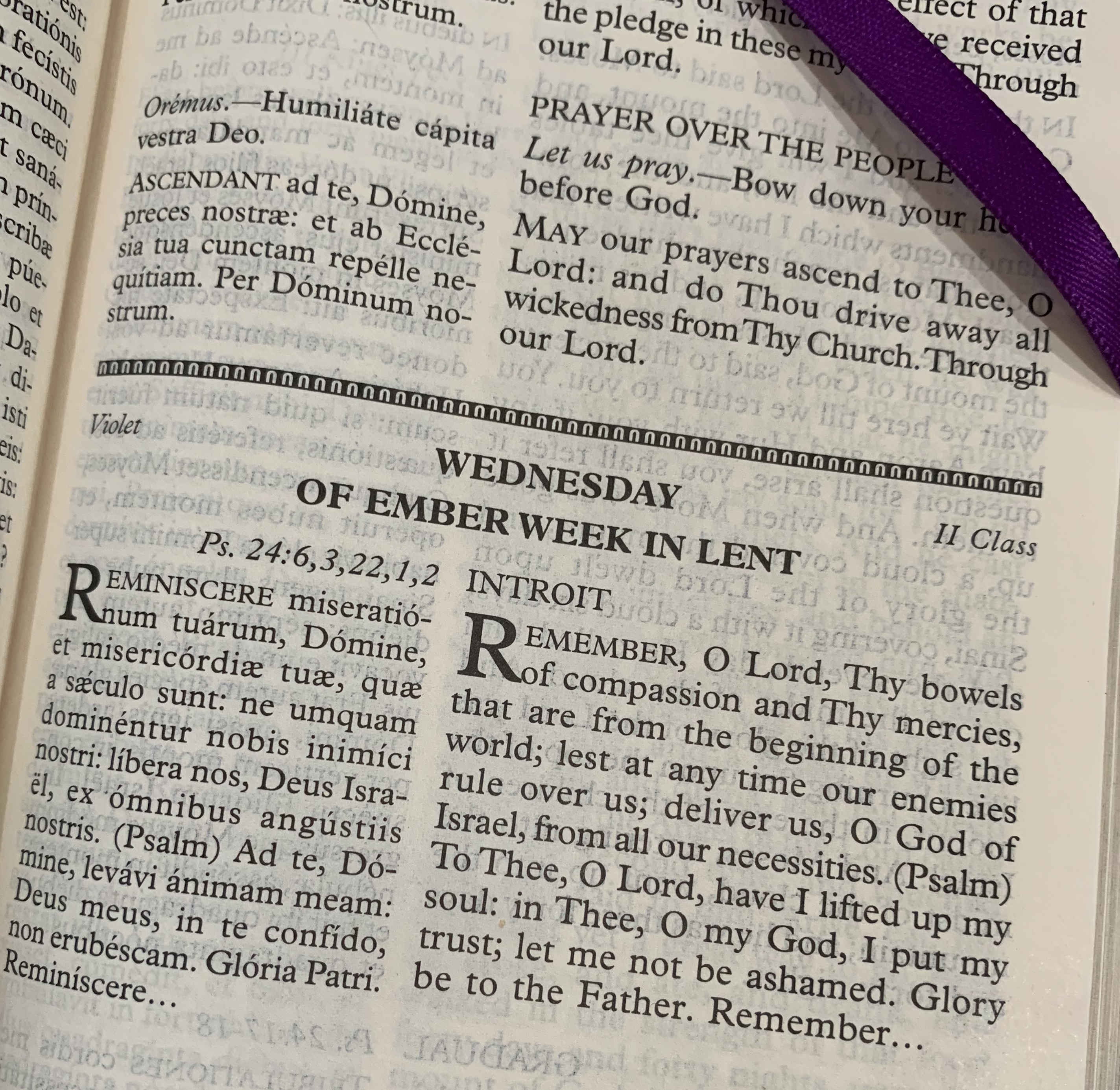AMDG stands for Ad Majorem Dei Gloriam, which translated means “For the Greater Glory of God.”
~ St. Ignatius of Loyola’s Motto
SAINT IGNATIUS OF LOYOLA
Confessor
Feast Day: July 31
Commemoration of SAINT IGNATIUS
In the year 1521 a cannon ball fractured the left leg of Captain Ignatius Loyola, the future founder of the Jesuits. While he was convalescing, Ignatius read about Christ and His saints and thus turned wholly to God. He then undertook to equip himself for Christ’s service by acquiring a good classical and theological education. On the feast of the Assumption, 1534, the seven pioneer Jesuits pronounced their vows in Paris. The members of the Society of Jesus became the shock troops of the Church in the battle against the spread of Protestantism in Europe, as well as one of the greatest foreign mission organizations that the world has known. Ignatius died on July 31, 1556.
O God, in order to promote the greater glory of Your name, You fortified Your Church militant with a new army through the work of blessed Ignatius. may his help and example bring us through our battle on earth to be crowned with him in heaven. Through our Lord . . .
~~~
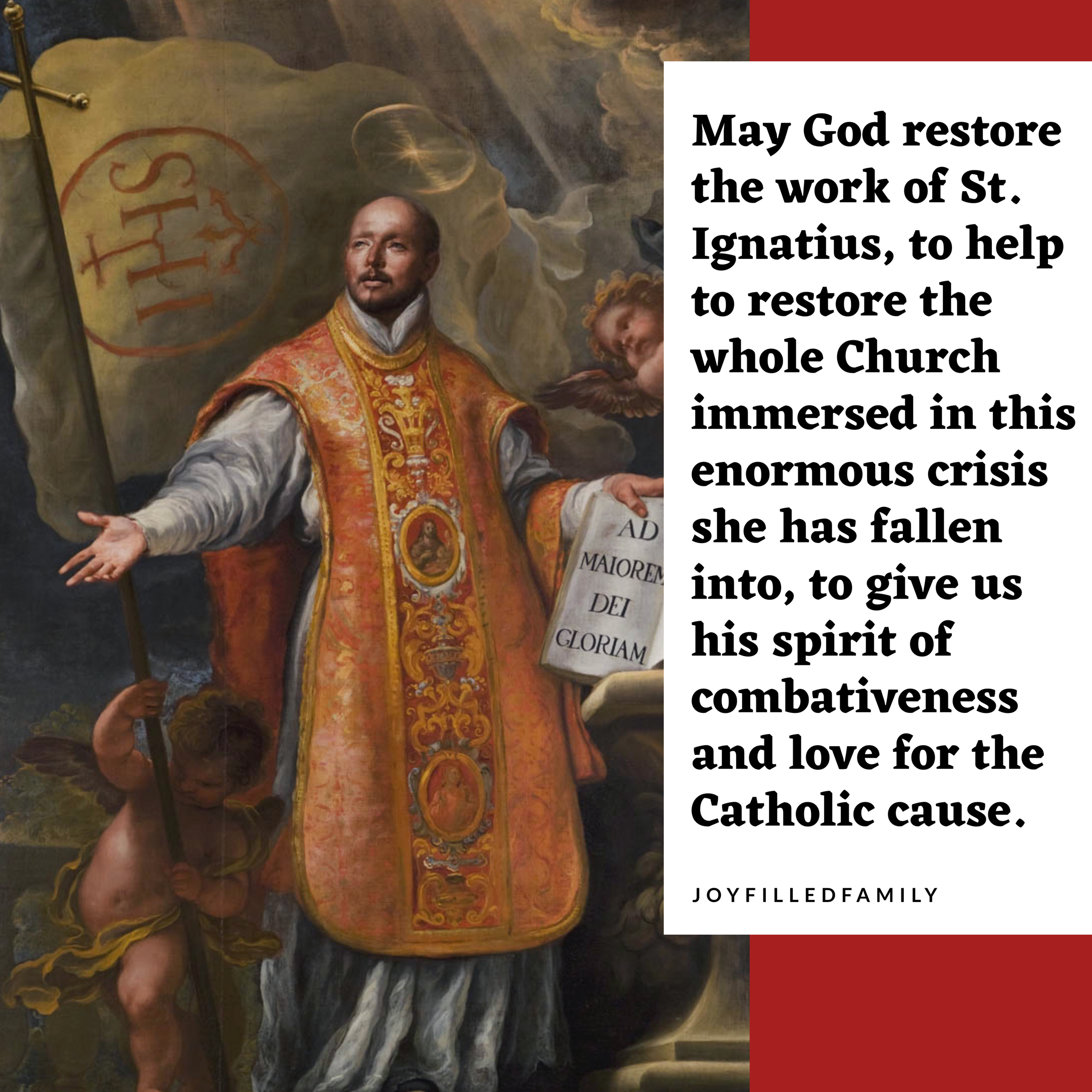
Patron: Basque country; Jesuit Order; Jesuits; retreats; soldiers; Spiritual Exercises (by Pope Pius XI).
Symbols: Book; chausible; Holy Communion; a rayed IHC or IHS; heart with crown of thorns; sword and lance upon an altar; book with words Ad Maiorem Dei Gloriam.
~~~
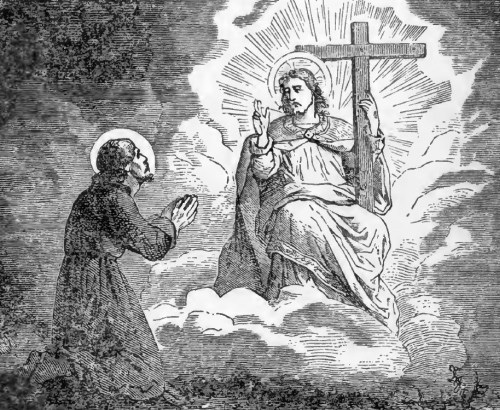
Pictorial Lives of the Saints 1922
Saint Ignatius was born at Loyola in Spain, in the year 1491. He served his king as a courtier and a soldier till his thirtieth year. At that age, being laid low by a wound, he received the call of divine grace to leave the world. He embraced poverty and humiliation, that he might become more like to Christ, and won others to join him in the service of God. Prompted by their love for Jesus Christ, Ignatius and his companions made a vow to go to the Holy Land, but war broke out, and prevented the execution of their project. Then they turned to the Vicar of Jesus Christ, and placed themselves under his obedience. This was the beginning of the Society of Jesus. Our Lord promised Saint Ignatius that the precious heritage of His Passion should never fail his Society, a heritage of contradictions and persecutions. Saint Ignatius was cast into prison at Salamanca, on a suspicion of heresy. To a friend who expressed sympathy with him on account of his imprisonment, he replied, “It is a sign that you have but little love of Christ in your heart, or you would not deem it so hard a fate to be in chains for His sake. I declare to you that all Salamanca does not contain as many fetters, manacles, and chains as I long to wear for the love of Jesus Christ.” Saint Ignatius went to his crown on the 31st July, 1556.
Reflection – Ask Saint Ignatius to obtain for you the grace to desire ardently the greater glory of God, even though it may cost you much suffering and humiliation.
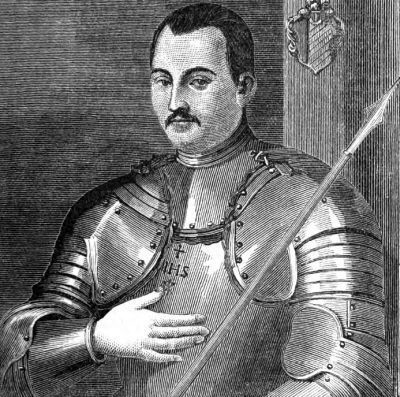
“Saint Ignatius Loyola”. Illustrated Catholic Family Annual. 1874
Don Ignacio Loyola’s Vigil in the Chapel of Our Lady of Montserrat
When at thy shrine, most holy Maid,
The Spaniard hung his votivetblade,
And bared his helmed brow –
Not that he feared war’s visage grim,
Or that the battle-field for him
Had aught to daunt, I trow –
“Glory!” he cried, “with thee I’ve done!
Fame! thy bright theatres I shun.
To tread fresh pathways now:
To track thy footsteps, Saviour God!
With throbbing heart, with feet unshod:
Hear and record my vow.
“Yes, thou shalt reign! Chained to thy throne,
The mind of man thy sway shall own,
And to its Conqueror bow.
Genius his lyre to thee shall lift,
And intellect its choicest gift
Proudly on thee bestow.”
Straight on the marble floor he knelt,
And in his breast exulting felt
A vivid furnace-glow;
Forth to his task the giant sped,
Earth shook abroad beneath his tread,
And idols were laid low.
India repaired half Europe’s loss;
O’er a new hemisphere the cross
Shone in the azure sky,
And, from the isles of far Japan
To the broad Andes, won o’er man
A bloodless victory!
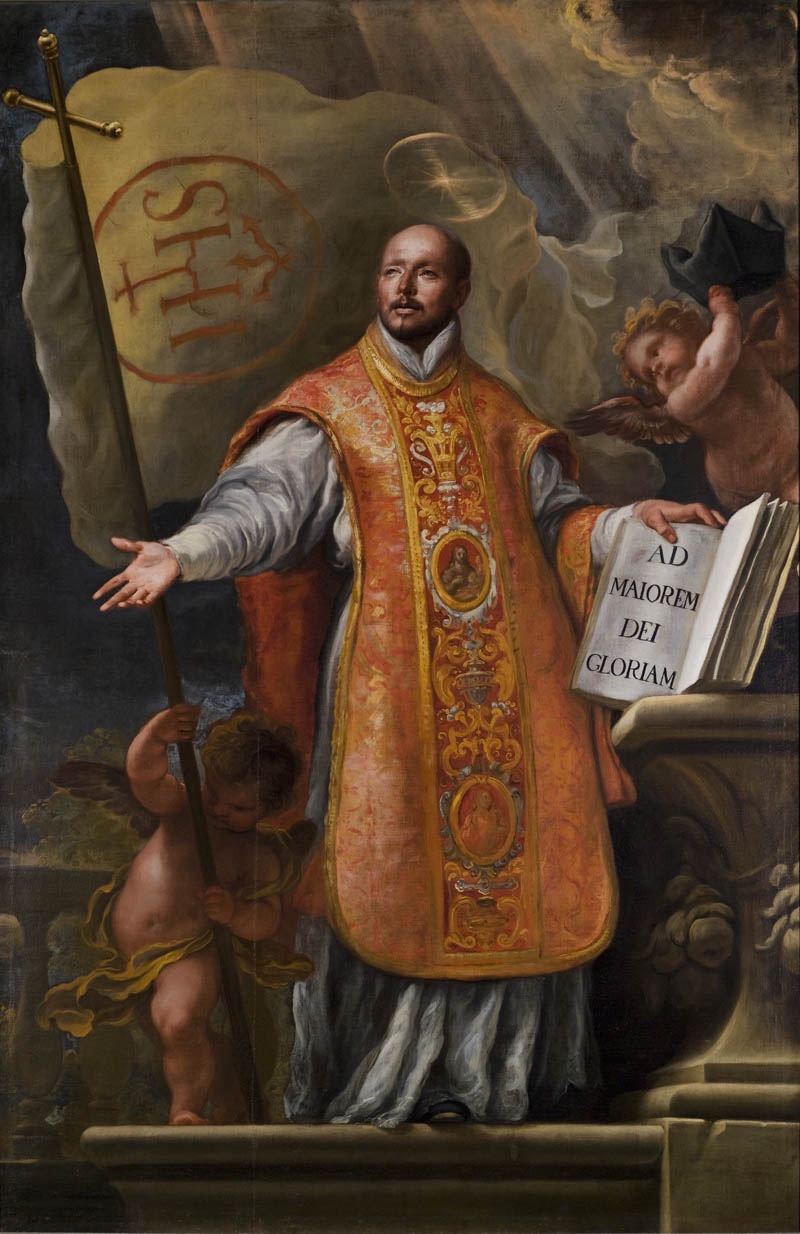
SAINT IGNATIUS—CONFESSOR
Feast: July 31
Although the cycle of the time after Pentecost has shown us many times already the solicitude of the Holy Spirit for the defense of the Church, yet to-day the teaching shines forth with a new lustre. In the sixteenth century Satan made a formidable attack upon the Holy City, by means of a man who, like himself, had fallen from the height of heaven, a man prevented in early years by the choice graces which lead to perfection, yet unable in an evil day to resist the spirit of revolt. As Lucifer aimed at being equal to God, Luther set himself up against the Vicar of God, on the mountain of the covenant, and soon, falling from abyss to abyss he drew after him the third part of the stars of the firmament of Holy Church. How terrible is that mysterious law whereby the fallen creature, be he man or angel, is allowed to keep the same ruling power for evil which he would otherwise have exercised for good. But the designs of eternal Wisdom are never frustrated: against the misused liberty of the angel or man is set up that other merciful law of substitution, by which St. Michael was the first to benefit.
The development of Ignatius’ vocation to holiness followed step by step the defection of Luther. In the spring of 1521 Luther had just quitted Worms, and was defying the world from the Castle of Wartburg, when Ignatius received at Pampeluna the wound which was the occasion of his leaving the world and retiring to Manresa.(1) Valiant as his noble ancestors, he felt within him from his earliest years the warlike ardor which they had shown on the battlefields of Spain. But the campaign against the Moors closed at the very time of his birth.(2) Were his chivalrous instincts to be satisfied with petty political quarrels? The only true King worthy of his great soul revealed Himself to him in the trial which put a stop to his worldly projects: a new warfare was opened out to his ambition; another crusade was begun; and in the year 1522, from the mountains of Catalonia to those of Thuringia, was developed that divine strategy of which the angels alone knew the secret.
In this wonderful campaign it seemed that hell was allowed to take the initiative, while heaven was content to look on, only taking care to make grace abound the more where iniquity strove to abound. As in the previous year Ignatius received his first call three weeks after Luther had completed his rebellion, so in this year, at three weeks’ distance, the rival camps of hell and heaven each chose and equipped its leader. Ten months of diabolical manifestations prepared Satan’s lieutenant, in the place of his forced retreat, which he called his Patmos; and on March 5 the deserter of the altar and of the cloister left Wartburg.
On the 25th of the same month, the glorious night of the Incarnation, the brilliant soldier in the armies of the Catholic kingdom, the descendant of the families of Ognes and Loyola, clad in sackcloth, the uniform of poverty, to indicate his new projects, watched his arms in prayer at Montserrat; then hanging up his trusty sword at Mary’s altar, he went forth to make trial of his future combats by a merciless war against himself.
In opposition to the already proudly floating standard of the free-thinkers, he displayed upon his own this simple device: <To the greater glory of God!> At Paris, where Calvin was secretly recruiting the future Huguenots, Ignatius, in the name of the God of armies, organized his vanguard, which he destined to cover the march of the Christian army, to lead the way, to bear the brunt, to deal the first blows. On August 15, 1534, five months after the rupture of England from the Holy See, these first soldiers sealed at Montmartre the definitive engagement which they were afterwards solemnly to renew at St. Paul’s outside the walls. For Rome was to be the rallying place of the little troop which was soon to increase so wonderfully, and which was, by its special profession, to be ever in readiness, at the least sign from the Head of the Church, to exercise its zeal in whatever part of the world he should think fit, in the defense or propagation of the faith, or for the progress of souls in doctrine and Christian life.(3)
An illustrious speaker of our own day(4) has said: ‘What strikes us at once in the history of the Society of Jesus is that it was matured at its very first formation. Whosoever knows the first founders of the Company knows the whole Company, in its spirit, its aim, its enterprises, its proceedings, its methods. What a generation was that which gave it birth! What union of science and activity, of interior life and military life! One may say they were universal men, men of a giant race, compared with whom we are but insects: <de genere giganteo, quibus comparati quasi locustae, videbamur.>(5)
All the more touching, then, was the charming simplicity of those first Fathers of the Society, making their way to Rome on foot, fasting and weary, but their hearts overflowing with joy, singing with a low voice the Psalms of David.(6) When it became necessary, on account of the urgency of the times, for the new institute to abandon the great traditions of public prayer, it was a sacrifice to several of these souls; Mary could not give way to Martha without a struggle; for so many centuries the solemn celebration of the Divine Office had been the indispensable duty of every religious family, its primary social debt, and the principal nourishment of the individual holiness of its members.
But new times had come, times of decadence and ruin, calling for an exception as extraordinary as it was grievous to the brave company that was risking its existence amid ceaseless alarms and continual sallies upon hostile territory. Ignatius understood this; and to the special aim imposed upon him, he sacrificed his personal attraction for the sacred chants; nevertheless, to the end of his life, the least note of the psalmody falling on his ears drew tears of ecstasy from his eyes.(7)
After his death, the Church, which had never known any interest to outbalance the splendour of worship due to her Spouse, wished to return from a derogation which so deeply wounded the dearest instincts of her bridal heart; Paul IV revoked it absolutely, but St. Pius V, after combating it for a long time, was at last obliged to give in. In the latter ages so full of snares the time had come for the Church to organize special armies. But while it became more and more impossible to expect from these worthy troops, continually taken up with outside combats, the habits of those who dwelt in security, protected by the ancient towers of the Holy City, at the same time Ignatius repudiated the strange misconception which would try to reform the Christian people according to this enforced but abnormal manner of life. The third of the eighteen rules which he gives as the crowning of the Spiritual Exercises, <to have in us the true sentiments of the orthodox Church>, recommends to the faithful the chants of the Church, the Psalms, and the different Canonical Hours at their appointed times. And at the beginning of this book, which is the treasure of the Society of Jesus, where he mentions the conditions for drawing the greatest fruit from the Exercises, he ordains in his twentieth annotation that he who can do so should choose for the time of his retreat a dwelling from whence he can easily go to Matins and Vespers as well as to the holy Sacrifice. What was our saint here doing, but advising that the Exercises should be practiced in that same spirit in which they were composed in that blessed retreat of Manresa, where the daily attendance at solemn Mass and the evening offices had been to him the source of heavenly delights?
But it is time to listen to the Church’s account of the life of this great servant of God: Ignatius, by nation a Spaniard, was born of a noble family at Loyola, in Cantabria. At first he ‘attended the court of the Catholic king, and later on embraced a military career. Having been wounded at the siege of Pampeluna, he chanced in his illness to read some pious books, which kindled in his soul a wonderful eagerness to follow in the footsteps of Christ and the saints. He went to Montserrat, and hung up his arms before the altar of the Blessed Virgin; he then watched the whole night in prayer, and thus entered upon his knighthood in the army of Christ. Next he retired to Manresa, dressed as he was in sackcloth, for he had a short time before given his costly garments to a beggar. Here he stayed for a year, and during that time he lived on bread and water, given to him in alms; he fasted every day except Sunday, subdued his flesh with a sharp chain and a hair-shirt, slept on the ground and scourged himself with iron disciplines. God favored and refreshed him with such wonderful spiritual lights, that afterwards he was wont to say that even if the sacred Scriptures did not exist, he would be ready to die for fee faith, on account of those revelations alone which the Lord had made to him at Manresa. It was at this time that he, a man without education, composed that admirable hook of the Exercises, which has been approved by the judgment of the Apostolic See, and by the benefit reaped from it by all.
However, in order to make himself more fit for gaining souls, he determined to procure the advantages of education, and began by studying grammar among children. Meanwhile he relaxed nothing of his zeal for the salvation of others, and it is marvelous what sufferings and insults he patiently endured in every place, undergoing the hardest trials, even imprisonment and stripes almost unto death. But he ever desired to suffer far more for the glory of his Lord. At Paris he was joined by nine companions from that University, men of different nations, who had taken their degrees in Arts and Theology; and there at Montmartre he laid the first foundations of the order, which he was later on to institute at Rome. He added to the three usual vows a fourth concerning missions, thus binding it closely to the Apostolic See. Paul III first welcomed and approved the Society, as did later other Pontiffs and the Council of Trent. Ignatius sent St. Francis Xavier to preach the Gospel in the Indies, and dispersed others of his children to spread the Christian faith in other parts of the world, thus declaring war against paganism, superstition, and heresy. This war he carried on with such success that it has always been the universal opinion, confirmed by the word of pontiffs, that God raised up Ignatius and the Society founded by him to oppose Luther and the heretics of his time, as formerly he had raised up, other holy men to oppose other heretics.
He made the restoration of piety among Catholics his first care. He increased the beauty of the sacred buildings, the giving of catechetical instructions, the frequentation of sermons and of the sacraments. He everywhere opened schools for the education of youth in piety and letters. He founded at Rome the German College, refuges for women of evil life, and for young girls who were in danger, houses for orphans and catechumens of both sexes and many other pious works. He devoted himself unweariedly to gaining souls to God: Once he was heard saying that if he were given his choice he would rather live uncertain of attaining the Beatific Vision, and in the meanwhile devote himself to the service of God and the salvation of his neighbor, than die at once certain of eternal glory. His power over the demons was wonderful. St. Philip Neri and others saw his countenance shining with heavenly light. At length in the sixty-fifth year of his age he passed to the embrace of his Lord, whose greater glory he had ever preached and ever sought in all things. He was celebrated for miracles and for his great services to the Church, and Gregory XV enrolled him amongst the saints; while Pius XI, in response to the prayers of the episcopate, declared him heavenly patron of all Spiritual Exercises.
<This is the victory which overcometh the world, our faith.>8 And thou didst prove this truth once more to the world, O thou great conqueror of the age in which the Son of God chose thee to raise up again His ensign that had been humbled before the standard of Babel. Against the ever-increasing battalions of the rebels thou didst long stand almost alone, leaving it to the God of armies to choose His own moment for engaging thee against Satan’s troops, as He chose His own for withdrawing thee from human warfare. If the world had then been told of thy designs, it would have laughed them to scorn; yet now, no one can deny that it was a decisive moment in the history of the world when, with as much confidence as the most illustrious general concentrating his forces, thou gayest the word to thy nine companions to proceed three and three to the Holy City. What great results were obtained in the fifteen years during which this little troop, recruited by the Holy Ghost, had thee for its first General! Heresy was trampled out of Italy, confounded at Trent, checked everywhere, paralyzed in its very centre; immense conquests were made in new worlds, as a compensation for the losses suffered in our West, Sion herself, renewing the beauty of her youth, saw her people and her pastors raised up again, and her sons receiving an education befitting their heavenly destiny; in a word, all along the line, where he had rashly cried victory, Satan was now howling, overcome once more by the name of Jesus, which makes every knee to bow, 1 St. John v. 4 in heaven, on earth, and in hell! Hadst thou ever O Ignatius, gained such glory as this in the armies of earthly kings?
From the throne thou hast won by so many valiant deeds, watch over the fruits of thy works, and prove thyself always God’s soldier. In the midst of the contradictions which are never wanting to them, uphold thy sons in their position of honor and prowess which makes them the vanguard of the Church. May they be faithful to the spirit of their glorious Father; ‘having unceasingly before their eyes: first, God; next, as the way leading to Him, the form of their institute, consecrating all their powers to attain this end marked out for them by God; yet each following the measure of grace he has received from the Holy Ghost, and the particular degree of his vocation.'(9) Lastly, O head of such a noble lineage, extend thy love to all religious families, whose lot in these times of persecution is so closely allied with that of shine own sons; bless, especially, the monastic order whose ancient branches overshadowed thy first steps in the perfect life, and the birth of that illustrious Society which will be thy everlasting crown in heaven. Have pity on France, on Paris, whose University furnished thee with foundations for the strong, unshaken building raised by thee to the glory of the Most High. May every Christian learn of thee to fight for the Lord, and never to betray his standard may all men, under thy guidance, return to God, their beginning and their end.
Endnotes
1. The Diet of Worms which conde used Luther was held in April, and on May 20 St. Ignatius received the wound which led to his conversion.
2. 1491.
3. Litt. Pauli III, Regimini militantis Ecclesiae; Julii III. Exposcit debitum, etc.
4. CARDINAL PIE, Homily delivered on the feast of the beatification of B. Peter Faber.
5. Num. Xiii. 34.
6. P. RIBADENEIRA, Vita Ignatii Loiolae, lib. ii, cap. vii.
7. J. RNOUS, in variis virtutnun historiis, lib. iii., cap. ii.
8. St. John v. 4.
9. Litt. Apos. primae Instituti approbationis, Pauli III, Rogimini militantis.
~~~
Coming soon
~~~
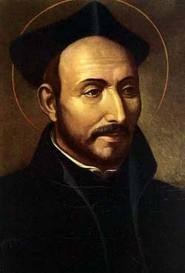 “Take, Lord, receive all my liberty, my memory, my under-standing, and my entire will, all that I have and possess. You have given all to me. To you, Lord, I return it. All is yours, dispose of it wholly, according to Your will. Give me your love and your grace, for this is sufficient for me.” ~St. Ignatius of Loyola
“Take, Lord, receive all my liberty, my memory, my under-standing, and my entire will, all that I have and possess. You have given all to me. To you, Lord, I return it. All is yours, dispose of it wholly, according to Your will. Give me your love and your grace, for this is sufficient for me.” ~St. Ignatius of Loyola
